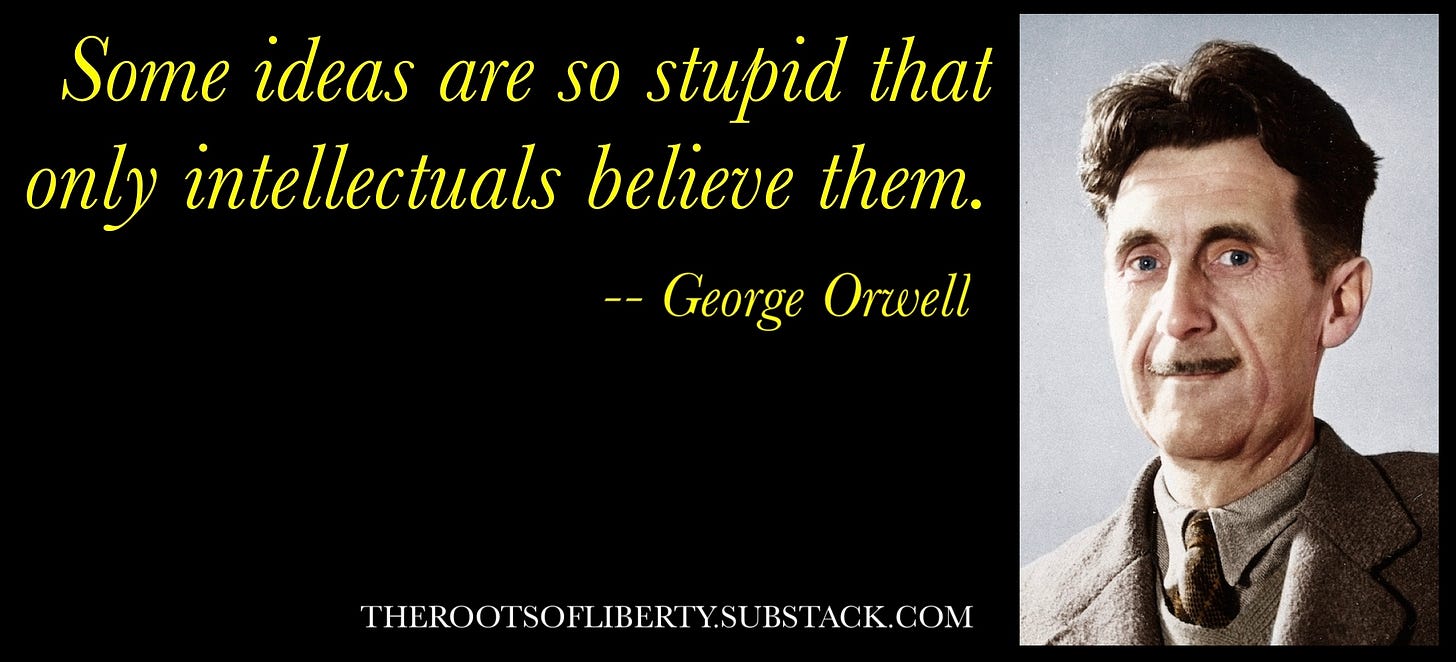Some years back, I read a bit about the interrogation techniques North Koreans used on Americans captured during the "police action" (Congress never actually declared war) of 1950-1953. The interrogators, well aware of the human preference for being consistent over being correct, would engage the prisoners in log, carefully leading conversations, where they'd get the Americans to admit that America wasn't perfect. From there, they'd go backwards, then forwards, and slowly get "we don't get this right" and "we were wrong about this." After some weeks, they'd have enough "admissions" of American flaws to get the hostages to actually denounce their homeland.
Some years back, I caught David Mamet's movie House of Games, about a psychiatrist who gets hustled by a con man. There (and elsewhere) I learned that confidence artists love targeting doctors, because doctors are typically smart, and smart people are more prone to think they cannot get fooled or hustled.
Some years back, I heard a radio personality who is also a recovering addict mention that very smart people have a harder time breaking their addictions, because they are better at rationalizing their destructive behaviors. This couples with the phenomenon correlating high intelligence with a greater tendency to drug abuse.
The first is a near-textbook example of cognitive dissonance. The second also fits that label, along with Dunning-Kruger and other descriptions of human tendencies. Adding the third brings us to today’s topic and this quote:
All came to mind as I witnessed the (schadelicious, to be honest) spectacle of textbook instances of Best-and-Brightest, i.e. Ivy League presidents, pretzeling themselves when challenged on the Jew-hatred on their campuses. One bit, which has already joined "It depends on what the meaning of the word 'is' is" and "I'm not a biologist" on the linguistic contortion wall of fame, is UPenn President Liz Magill replying "It’s a context-dependent decision," when asked if calling for the genocide of Jews constitutes bullying or harassment.
Remember, the Ivies are the hallowed halls where misgendering someone or using the wrong pronouns is considered violence, where there are entire departments dedicated to rooting out the slightest whiff of bias against "traditionally oppressed groups," and where one wrong word can ruin your life. This makes their leadership's sudden commitment to free speech risible.
I think it safe to conclude that, if the question was about purging Palestinians, Magill and her brethren would not be so circumspect in their denunciations.
This brings us back to the oddness of siding against Jews and Israel in the wake of the 10/7 Hamas attack. The barbarity of that attack should shock the senses of any reasoning person, but we are awash in excuses, justifications, denials, outright lies, and "both sides" equivalencies.
The oddness of it all becomes understood when we apply what we know about cognitive dissonance. If you spend years or decades siding with the oppressed over the oppressors, if that mindset prompts you to choose sides in any interaction or conflict based solely on some hierarchy that ranks degree of oppression, and if that hierarchy is informed by similarly simple-minded and history-ignorant views about colonization, then, yeah, sure, we can understand why you would, in the name of consistency, take sides with raping, baby-murdering barbarians who'd oppress and kill many of those you've championed for decades without blinking an eye.
This all serves as a cautionary lesson about "consistency over correctness." Yes, it's in our natures, but that doesn't mean it's always a good idea. It often leads people to defending first opinions, even when those opinions are rebutted with information they didn't have when offering them. In the Twitter era, where those first opinions are trivially easy to send around the world and etch in stone, people routinely paint themselves into corners, and then (with apologies to Elvis) jump like catfish on poles to escape the shame of being wrong.
As to the matter of the Ivies' new-found respect for free speech, some thoughts from a libertarian angle. Hate speech being prosecuted as criminal activity is, excepting the traditional exceptions to free speech (incitement, intimidation, slander, libel, perjury), illiberal and anti-freedom, and the proliferation of hate-speech statutes is a problem. But, that's the government, not a university. Universities have codes of conduct, and what you can say when standing in your front yard is not the same as what you can say under the terms of your admission and attendance at a university. Taxpayer money flowing into these schools complicates things, but set that aside for the moment, and consider that, practically speaking, universities can limit speech in ways the government cannot. This takes coercive remedies off the table, though ceasing or curtailing that flow of public money does remain an option.
In other words, money talks. And, sure enough, big-money donors who happen to be Jewish, and big-money donors who happen to be of a mind that Israel has the right of things, are closing their checkbooks and clawing back past donations. While the likes of Harvard and Yale are sitting on eleven figure endowments, the "donor revolt" is both a significant cashflow hit and a PR disaster.
We are witnessing a rolling societal shakeout. Jew-hatred has been unmasked by the 10/7 barbarism, and many woke-adjacent folks are recoiling. They are also reassessing that adjacency itself, because the Left's big voices have made it clear that being in their club means siding against Israel and excusing (and even condoning) calls for purging Israel of Jews.
I'd call the evidence that the tops of the Ivy League leadership pyramids have been subsumed by the Jew-hating left a tragedy, but if it leads to a toppling of those pyramids and a re-embrace of traditional academic freedom and commitment to education rather than inculcation, it won't be such a bad thing. The fish rots from the head, after all.
As for the rest of us? If your philosophy leads you to a position or viewpoint that your gut tells you is wrong, remember that it's OK to change your mind. Consistency over correctness is why many of society's problems persist.






I can't recall who said it but the gist was "I don't have to worry about what I said in the past because I am always correct no matter what I said previously."
"Yes, it's in our natures, but that doesn't mean it's always a good idea."
This reminds me of something my great grandmother would say "Just because you CAN do something don't mean you SHOULD."
Jumping off of that train trestle seems fun and all that. But, it hasn't rained in while. Are you SURE that water is safe to make that plunge? You CAN dive in head first if you want, that doesn't mean it's a good idea.